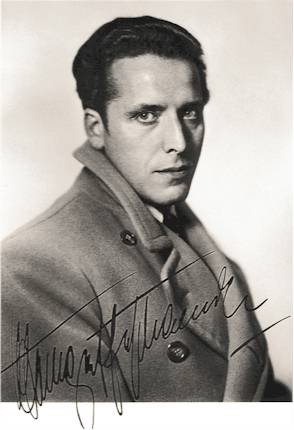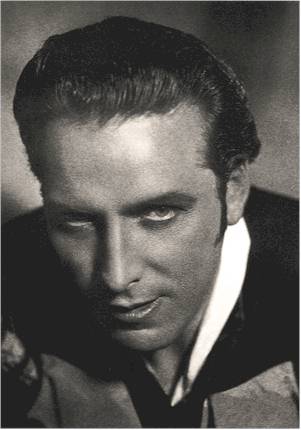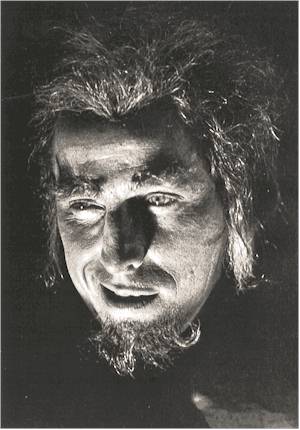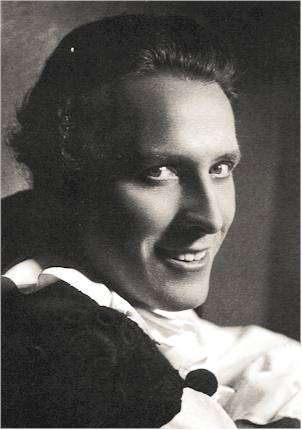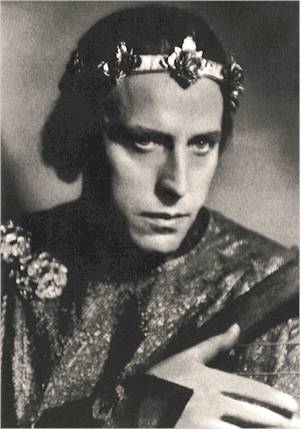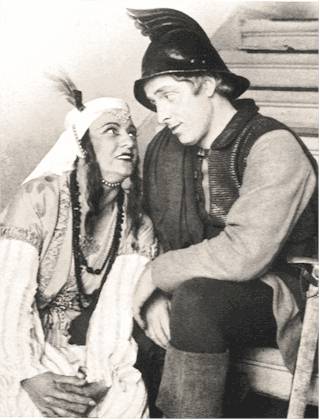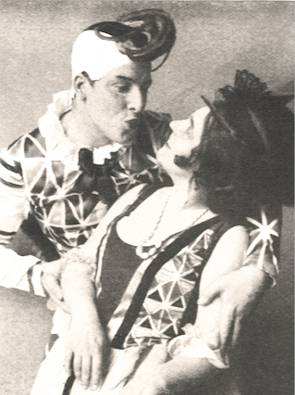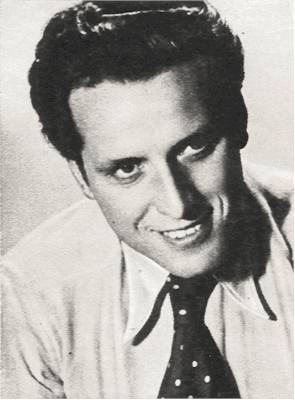German baritone, 1897 - 1978
Biographical notes: Initially intending to become a conductor and musicologist for church music, Willi Domgraf-Fassbaender eventually studied singing with Julius Stückgold at his home town, Aachen. He began his career as an oratorio and concert singer, but the director of the Stadttheater Aachen encouraged him to appear in opera and operetta. In 1922 he made his debut in Aachen as Count Almaviva in Le Nozze di Figaro. In the following year, Leo Blech engaged him to the Deutsche Oper Berlin where the young singer continued his vocal studies with Paul Bruns. Due to strong competition, Domgraf-Fassbaender changed to the opera house in Düsseldorf, completing his studies with the famous Giuseppe Borgatti in Milan. It was in Düsseldorf where he gained experience in an extensive repertoire: Figaro, Count Almaviva, Rigoletto, Wolfram, Papageno, Don Giovanni, Count Luna, Renato, Escamillo, Count Liebenau in Lortzing’s Waffenschmied, Harlekin in Ariadne auf Naxos, Orest, Scarpia, Marcello, Amfortas, Wolfram, and even Hans Sachs. In 1927 he joined the company of the State Opera in Stuttgart, where he became one of its most popular singers. It was Richard Tauber (his partner in La Bohème and Carmen) who recommended him to go back to Berlin. General manager Heinz Tietjen, who was to become his mentor, contracted him to the Berlin State Opera, where he gained quickly a reputation as “the Italian baritone”. Domgraf-Fassbaender’s devotion to modern works was quite remarkable (operas by Malipiero, Wellesz, Schoeck, to name but a few), but his career was dominated by his Italian parts and Mozart. Fritz Busch invited him to the Glyndebourne Festival, where he sang the Count in Le Nozze di Figaro as well as Guglielmo in Così fan tutte in the 1934, 1935 and 1939 series. The artist’s shining international reputation was also helped by his starring in a number of films. Max Ophül’s film of Smetana’s The Bartered Bride (with the beautiful Jarmila Novotnà in the title role) gained world-wide success. In 1937 he was chosen by Toscanini to sing Papageno at the Salzburg Festival. In 1942 he received the title of “Kammersänger.” After Worldwar II he was a welcome guest, particularly at the Vienna State Opera, where he sang Wolfram, Papageno and Ford. After 1951 Domgraf-Fassbaender worked as an outstanding stage director. In 1954 he went to the Conservatory of Nuremberg, where he led the opera school and taught a vocal class. His only daughter, from the marriage with film actress Sabine Peters, was mezzo-soprano Brigitte Fassbaender (b. 1939), who studied exclusively with her father and was to become a celebrated mezzo. Willi Domgraf-Fassbaender died in 1978, at Nuremberg.
As a handsome Conte d’Almaviva
Rigoletto - one of his most successful achievements on stage
As a charming Figaro
Wolfram - only equalled by Herbert Janssen and Joseph Schwarz Comment:
His beautiful voice was of an individual timbre, combined with a superb legato technique, and supported by a remarkable breath control. A “feature” of his singing was his ability to lighten the
tone. Listen to his phenomenal rendition of Figaro’s famous aria in Barbiere di Siviglia, where he demonstrates a phenomenal parlando technique!
Many of his records are truly inspiring, e.g. Barbiere, Silvio, Count Almaviva, Papageno, Count di Luna, Wolfram (his lachrymose Rigoletto is not to my taste). Many of his duet recordings, opposite Donizetti’s Don Pasquale has translated well into German, and it enjoyed a great deal of
popularity in Berlin between the inter-war years. Despite the German language, “Pronto io son” is is sung in “Italian style of the Golden Age”. It is simply the finest version of the scene that I
have come across. The superb Lotte Schöne gives a sparkling and charming portrayal of Norina. “Ciel, mio padre!” is sung in Italian by Domgraf-Fassbaender and Xenia Belmas. Both singers
demonstrating a remarkable feeling for dramatic transformation.
With Elfriede Marherr in Weber’s “Oberon”, Berlin State Opera
With Maria Ivogün in “Ariadne auf Naxos”, Berlin State Opera
Member of the Berlin State Opera, 1936
|
||||||||||||||||||||||||||||||||||||||||||||||||||||||||||
